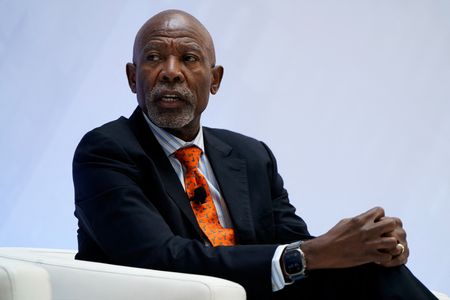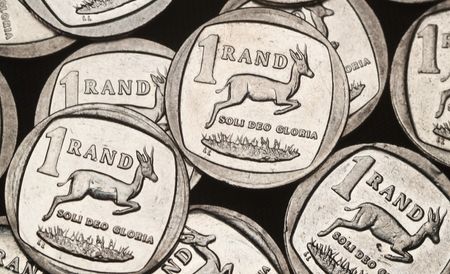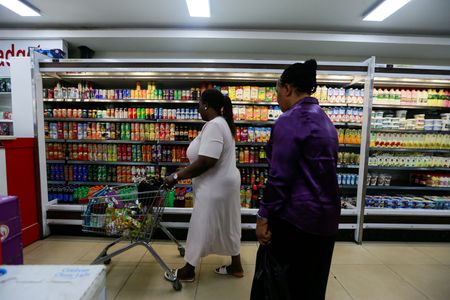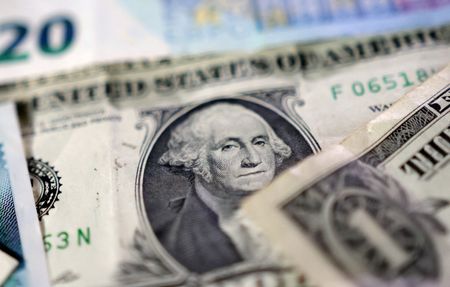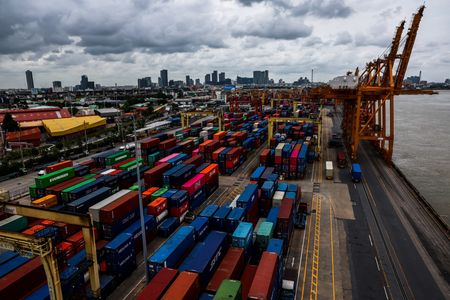DAKAR (Reuters) -Senegal has raised 364 billion CFA francs ($644 million) in its second public bond offering of 2025, exceeding its initial target of 300 billion CFA francs, the West African nation’s finance ministry said in a statement on Tuesday.
The issuance, which ran from June 19 to July 8, was arranged by CGF Bourse with Societe Generale Senegal as co-lead.
It forms part of the government’s broader strategy to diversify budget financing sources, deepen the domestic capital market, and manage public debt.
Senegal has seen mounting concerns about its debt levels. Its international bonds have lost roughly a quarter of their value since revealing in September it had what analysts estimated as up to $14 billion of previously undisclosed debt.
That pushed its debt-to-GDP ratio towards 120%, making it one of the highest in Africa.
Despite the debt concerns, the latest offering was oversubscribed by 21.3%, reflecting strong demand from both domestic and regional investors.
The ministry attributed the success of the issuance to growing investor confidence in Senegal’s economic outlook.
“In a challenging economic environment, this fundraising effort enhances the credibility of Senegal’s financial signature,” the ministry said in the statement.
Proceeds from the bond sale will support public finance recovery, economic stimulus measures, and help optimize debt servicing. The securities are also eligible for refinancing, providing additional liquidity to the banking sector, it added.
The country, which began producing oil and gas last year, has increasingly turned to the West Africa regional market to meet its financing needs amid tightening global credit conditions and rising debt servicing costs.
The country’s finance ministry said on Tuesday that it had begun recalculating its gross domestic product using an updated base year in a move that could result in an improvement in its debt metrics.
Barclays estimated in a note on Wednesday that the rebasing exercise could lift Senegal’s 2024 nominal GDP by 15% to 25%, likely pushing the debt burden back towards or even below 100% of GDP.
Senegal’s decision came after S&P Global’s downgrade of Senegal’s sovereign credit rating to B- and the assignment of a negative outlook, effectively serving as a warning of a potential further downgrade, because of the concerns over the country’s debt levels.
(Reporting by Diadie Ba; Additional reporting by Karin Strohecker and Marc Jones Writing by Bate Felix; Editing by Alexandra Hudson and Christian Schmollinger)


